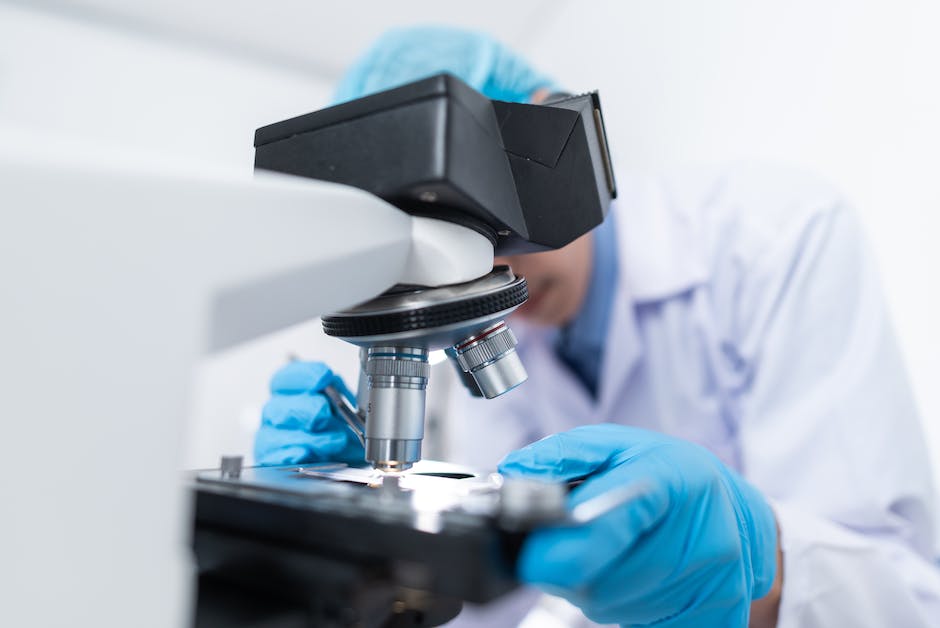As artificial intelligence (AI) becomes woven into many facets of our life, its application in drug discovery is beginning to gain traction. The science of drug development has typically been a long and arduous process taking time and resources, and AI-enabled drug discovery seems to offer an efficient way to speed up the process and reduce costs.
The potential of AI-enabled drug discovery is huge, as AI-driven systems are designed to scour large datasets for combinations of molecules and factors that can be used to create drugs to treat certain illnesses. For instance, AI has the potential to be used in the discovery of new medicines to tackle difficult-to-treat diseases. There is also potential for AI to uncover new on and off pathways in the diseases that can be targeted. There are some encouraging results showing that AI algorithms can discover promising compounds faster and cost less than traditional methods.
However, with any breakthrough in technology, there are some potential drawbacks and pitfalls. One of these is the question of who will win in this new realm of drug discovery. Will it be the large pharmaceutical companies who can take advantage of AI’s ability to uncover promising compounds, or will it be smaller biotech firms able to use AI to design drugs more quickly?
It is logical to assume that AI-enabled drug discovery will give a commercial edge to the companies who use it first. However, when considering AI’s progress, it is important to remember that there is no single right answer or the best strategy to implement. Instead, the aim is to come up with a range of options which can be trialled and tested to see what works best for a particular problem.
In fact, for companies pioneering in AI-enabled drug discovery, the goal may be less about ‘winning’ and more about creating an environment where multiple players can use this technology to their advantage. By creating an environment of collaboration and open data sharing among companies, AI-enabled drug discovery can become a field where many players – both large and small – can succeed.
Ultimately, AI-enabled drug discovery can offer great potential for improving drug development. The possibility of multiple winners indicates that drug development could become much more inclusive, benefiting communities and individuals across the globe. With well-structured collaboration between organizations, AI-enabled drug discovery can open up more opportunities for companies of all sizes. For now, we can only wait and see how the field evolves and who ultimately benefits from this break-through in drug discovery.

